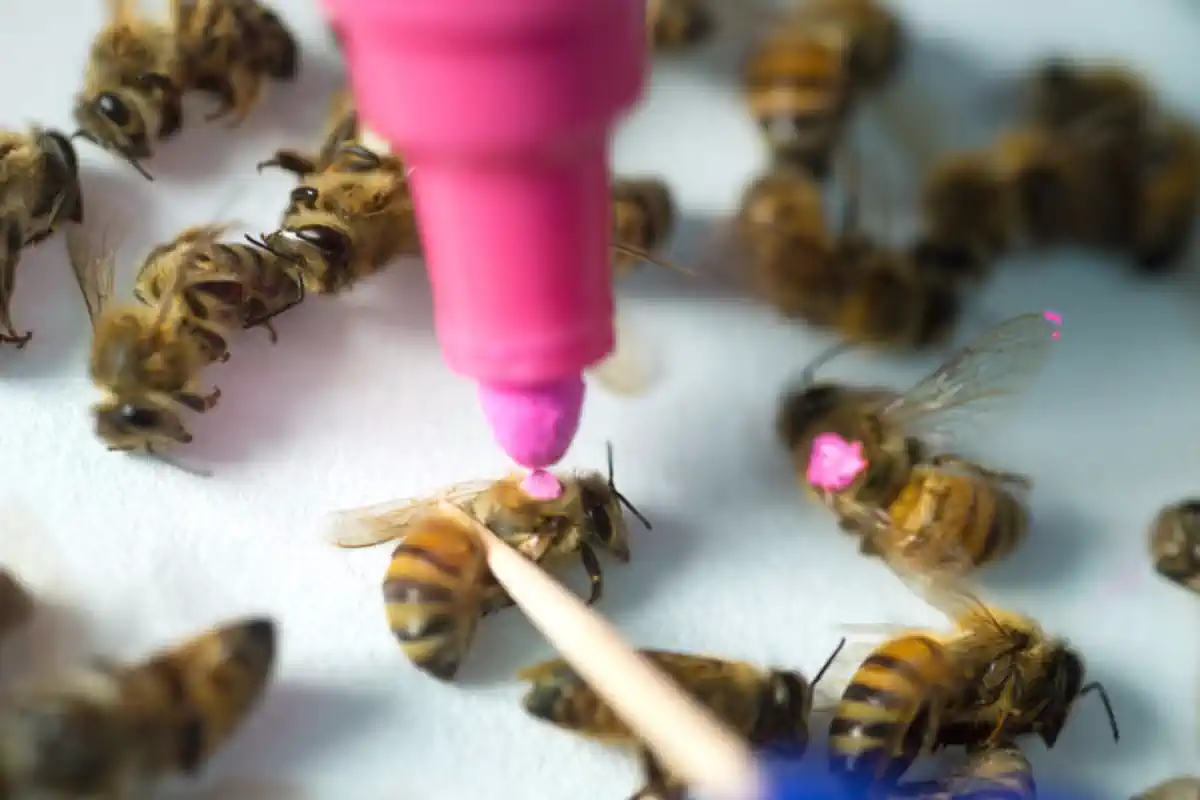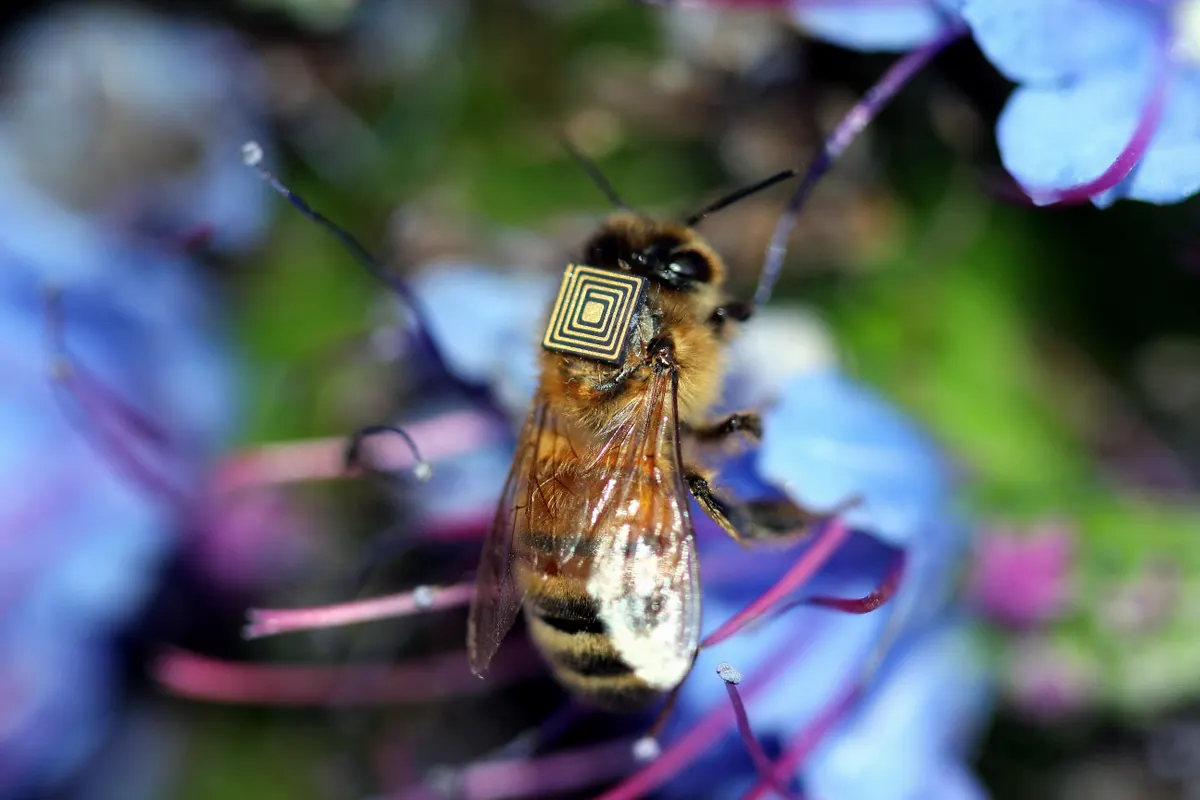For decades, China has been at the forefront of scientific advances that are changing the world. Every so often, scientists in the Asian country manage to surprise us with a new project that seems like something out of the future but is already a reality. This time, it is the turn of the lightest brain controller on the planet, which will be used on ‘cyborg bees’.
This discovery was made by a group of researchers from the Beijing Institute of Technology led by Professor Zhao Jieliang. Thanks to this device, which, as the results show, works 9 times out of 10, experts will be able to send instructions to the insects to control their activity.
In depth
According to the South China Morning Post, Chinese scientists have managed to build the world’s smallest brain controller, weighing only 74 milligrams. The device is placed on the thorax of bees and pierces their brains with three needles, from which specific commands can be transmitted.

It does this through illusions generated by electronic impulses that modify the insects’ flight and make them fly in a specific direction. Professor Zhao Jieliang commented that robots created from real insects are just as mobile and have the same camouflage capabilities, but that using the brain controller on bees offers ‘greater stealth and operational endurance.’
In addition, they can be equipped with cameras and microphones. The aim is for the ‘cyborg bees’ to be used in military missions or rescue situations such as searching for survivors in an earthquake.
Zhao Jieliang himself explains that they are ‘invaluable for covert reconnaissance in scenarios such as urban combat, counter-terrorism and narcotics interdiction, as well as in critical disaster relief operations.’
At the same time, scientists around the world are working on creating similar systems for beetles and cockroaches. On the other hand, a month ago China unveiled mosquito-sized drones, which, added to the ‘cyborg bees’, could mark a turning point in military strategy.
To bear in mind
In the study itself, members of the Beijing Institute of Technology acknowledge that the technology is still in the testing phase and that some flaws have already been detected. For example, the brain controller needs to be powered by a cable, and the bees obey directional commands but do not respond to stimuli sent to their legs.
‘In future research, the accuracy and repeatability of insect behaviour control will be improved by optimising stimulation signals and control techniques,’ concludes the study by Zhao’s team.

